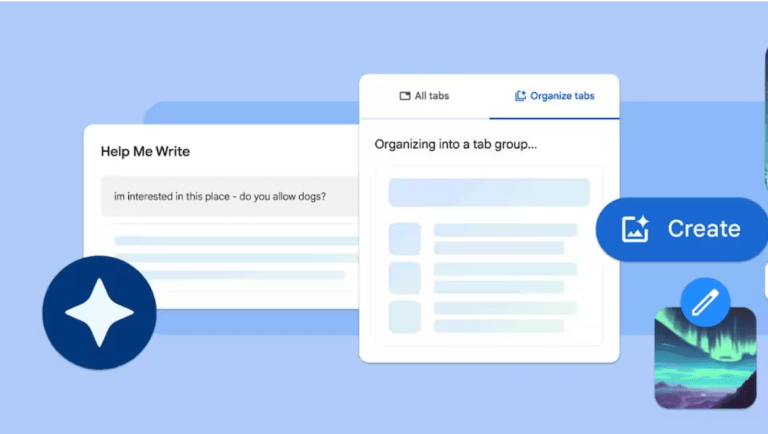Harnessing AI Technologies for MSME Growth in Africa

Artificial Intelligence (AI) is no longer a futuristic concept; it’s a present-day catalyst transforming businesses worldwide. For Micro, Small, and Medium Enterprises (MSMEs) in Africa, AI offers a unique opportunity to leapfrog traditional barriers and drive growth.
By embracing AI, African MSMEs can increase their productivity, reach new markets, and experience unimaginable growth. For instance, AI is sowing the seeds of innovation in agriculture, and shaping the banking of the future.
AI in Agriculture
Agriculture remains the backbone of many African economies, and AI is revolutionizing this sector in remarkable ways. Take, for instance, Selina Wamucii, a Kenyan company that integrates smallholder farmers into global supply chains. By utilizing AI-driven mobile technology, they provide farmers with real-time data on weather patterns, soil health, and market prices, enabling them to make informed decisions and improve crop yields. This approach not only boosts productivity but also ensures that farmers receive fair compensation for their produce.
In Malawi, the introduction of Ulangizi, a generative AI chatbot, has transformed how farmers access agricultural advice. Speaking in their native Chichewa, farmers receive instant, tailored guidance on crop and livestock management, a service that previously required waiting days for extension officers. This innovation empowers farmers with knowledge, leading to better practices and increased profitability.
AI in Financial Services
The financial sector in Africa is experiencing a paradigm shift, with AI at the forefront of this transformation. Companies like Flutterwave and Paystack have harnessed AI to streamline payment processes, detect fraudulent activities, and offer personalized financial products.
These platforms have made it easier for MSMEs to conduct transactions, access credit, and manage finances efficiently. By leveraging AI, these fintech solutions reduce operational costs and enhance customer experiences, making financial services more accessible to the unbanked population in African communities.
AI Adoption Among African MSMEs
While the potential of AI is immense, its adoption among African MSMEs is still in its early stages. A study focusing on South African manufacturing SMEs revealed that AI adoption is relatively low, limiting innovation and productivity. The research identified challenges such as high implementation costs, lack of technical expertise, and inadequate infrastructure as significant barriers. To address these issues, the study proposed developing frameworks to guide SMEs in integrating AI into their operations effectively.
The current landscape shows that despite these challenges, there is a growing recognition of AI’s potential to drive economic growth. Estimates suggest that AI applications could support up to USD 136 billion worth of economic growth in Africa by 2030. This projection underscores the importance of creating an enabling environment for AI adoption, including investments in infrastructure, education, and policy development.
Paving the Way for AI Integration
For African MSMEs to fully harness the benefits of AI, several steps can be taken to overcome barriers starting from capacity building. Investing in training programs to equip entrepreneurs and employees with AI-related skills is crucial.
Firstly, we need to develop our infrastructures. By improving digital infrastructure, such as reliable internet connectivity and affordable access to technology, lays the foundation for AI integration. Secondly, African government at all levels can play a pivotal role by formulating policies that encourage AI adoption, protect data privacy, and provide incentives for innovation. This policy and regulatory support will make all the difference.
Again, having a collaborative ecosystem has become critical. That is, networks where MSMEs can collaborate with tech companies, research institutions, and investors fosters an environment conducive to AI-driven solutions. Similarly, partnerships between governments, educational institutions, and the private sector can facilitate knowledge transfer and skill development.
The journey towards widespread AI adoption may be complex, but with concerted efforts from all stakeholders, the future looks promising. AI presents a transformative opportunity for African MSMEs to overcome traditional challenges and achieve sustainable growth. By embracing AI technologies, businesses can enhance their competitiveness, expand their reach, and contribute significantly to the continent’s economic development.







